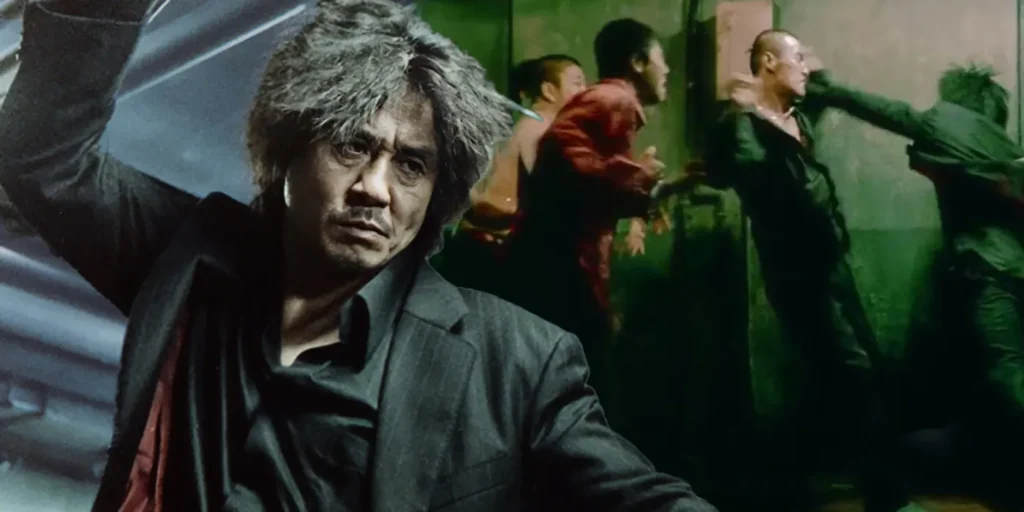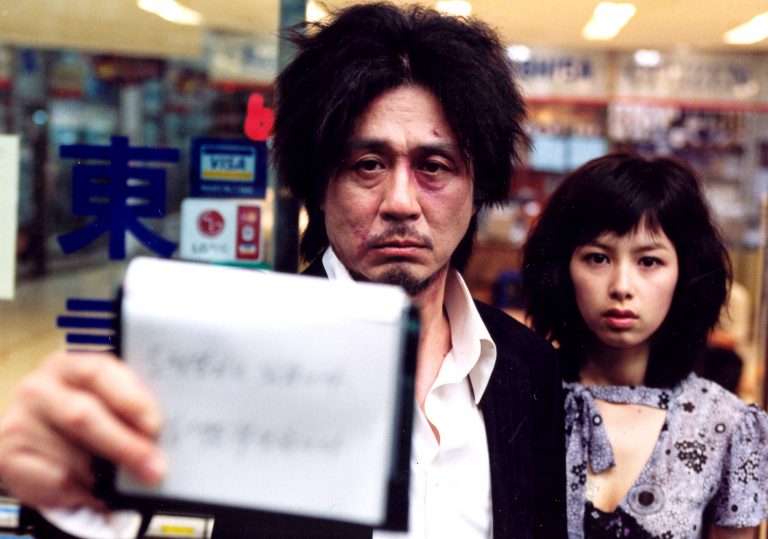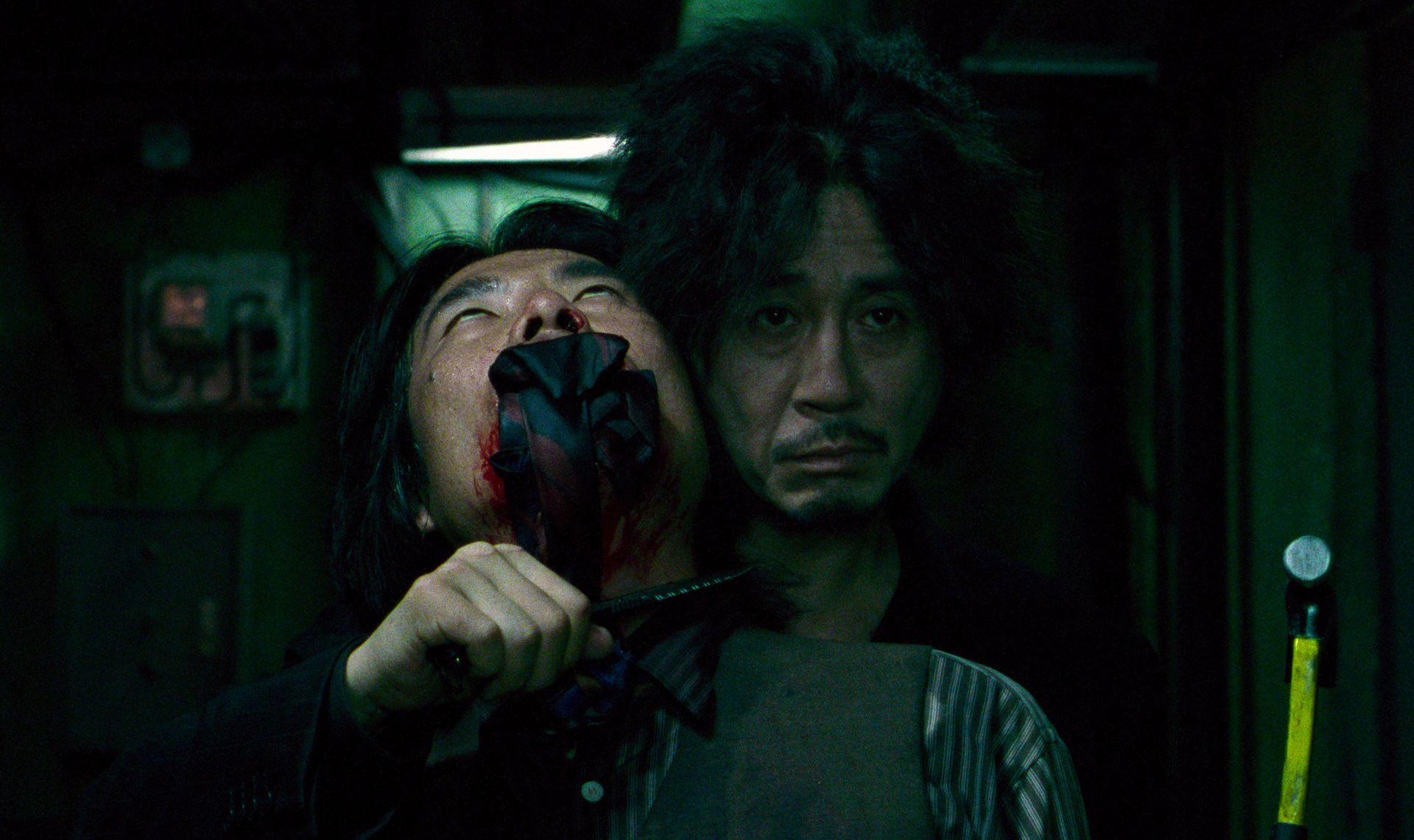“Oldboy,” a 2003 neo-noir thriller directed by Park Chan-wook, is regarded as one of the greatest Korean films ever made. “Oldboy” is the middle installment of Chan-wook’s trilogy about retribution, and it is based largely on a manga by Garon Tsuchiya and Nobuaki Minegishi. The protagonist of the tale, Oh Dae-Su, is a man who spends fifteen years in captivity in what is essentially a tiny hotel room. After being let free at last, Dae-su starts looking for information and pursuing the man who kidnapped him for retribution.
Even after all these years, “Oldboy” never ceases to astound with its amazing action, masterful directing, and unexpected plot. “Oldboy” served as the inspiration for Spike Lee’s 2013 remake, which differs significantly from the original and falls short of Chan-wook’s masterwork. Nevertheless, the attempt demonstrates the film’s lasting impact.
If you watched the movie for the first time recently, the explosive ending undoubtedly still has you in stitches. However, you may forgive yourself if you found it difficult to follow every plot point and subtle detail in “Oldboy” even if you saw it when it was initially released. This is the explanation of “Oldboy”‘s conclusion in its entirety.
‘Oldboy’ Ending Explained: Is Revenge Worth It?

Throughout our lifetimes, humans are prone to a wide range of emotions. It is one of our greatest assets and greatest liabilities at the same time, since unbridled emotions take us down paths we may regret later on, but they also take away a great deal of what makes us human in the first place. These feelings might occasionally combine in a volatile way that makes us want to exact retribution on one another.
This idea alone isn’t new to many people; I’m sure we’ve all had our share of occasions when we sought small-scale retribution for things that, in retrospect, seemed like they weren’t worth seeking in the first place. However, revenge is a very crucial theme for the antagonist and protagonist of Oldboy (2003). It is the most significant objective that drives all of their activities and serves as the foundation for the entire movie.
The movie is a part of a trilogy called The Vengeance Trilogy, which revolves around the idea of retribution. It was the second movie, released before Lady Vengeance and following Sympathy for Mr. Vengeance. Note that these movies are connected thematically rather than chronologically. Director Spike Lee again remade Oldboy in 2013, although this version was viewed as merely passable and didn’t significantly advance the story. But the 2003 movie did such an amazing job portraying the concept of retribution that it went on to win numerous accolades during its existence, including the Best Film award at the Grand Bell Awards and the Korean Film Awards, as well as the Grand Prix at the Cannes Film Festival.
Read More: Eminence in Shadow Season 2 Ending Explained: Decoding Epic Conclusions
About South Korean ‘Oldboy’ Dramatic Scene

To provide some background on the film’s dramatic conclusion, let me explain. Park Chan-Wook’s South Korean film Oldboy follows Oh Dae-su (Choi Min-Sik) on his trip after spending fifteen years imprisoned in an enigmatic facility.
Oh, Dae-su wants to find out who he harmed to deserve the punishment he just received and hold them accountable for the agony they just inflicted upon him after going so long without having any genuine human interaction. And so the cycle of retaliation begins in earnest. After wronging someone and receiving retribution from them, the main character now seeks revenge on them. Everybody will keep trying to win, and the cycle will only become worse. Regretfully, Oh Dae-su is mistaken to believe that the retaliation for his acts is finished.
Throughout the movie, we learn that Oh Dae-su is being targeted by Lee Woo-jin (Yoo Ji-tae), who is seeking revenge on him for killing his sister. Oh Dae-su witnessed Lee Woo-jin engaging in incest with his sister Lee Soo-ah when they were still in high school.
Read More: Inception Ending Explained: Delving Into the Dream Layers!

After Oh Dae-su’s friend No Joo-hwan (Ji Dae-han) heard about it, the rumors were disseminated throughout the school. The “phantom pregnancy” that Lee Woo-jin claims his sister had as a result of these allegations ultimately led to her suicide. It’s unclear whether Lee Woo-jin’s statement about the phantom pregnancy was genuine or if it was his way of distancing himself from his previous deeds and the chance that he might have genuinely gotten his sister pregnant.
Summary
“Oldboy” (2003), a Korean neo-noir thriller by Park Chan-wook, is celebrated for its gripping plot and masterful direction. The film explores the theme of revenge as protagonist Oh Dae-su seeks retribution for 15 years of captivity. The article delves into the movie’s lasting impact, and its connection to The Vengeance Trilogy, and explains the complex ending, questioning the true worth of revenge.

